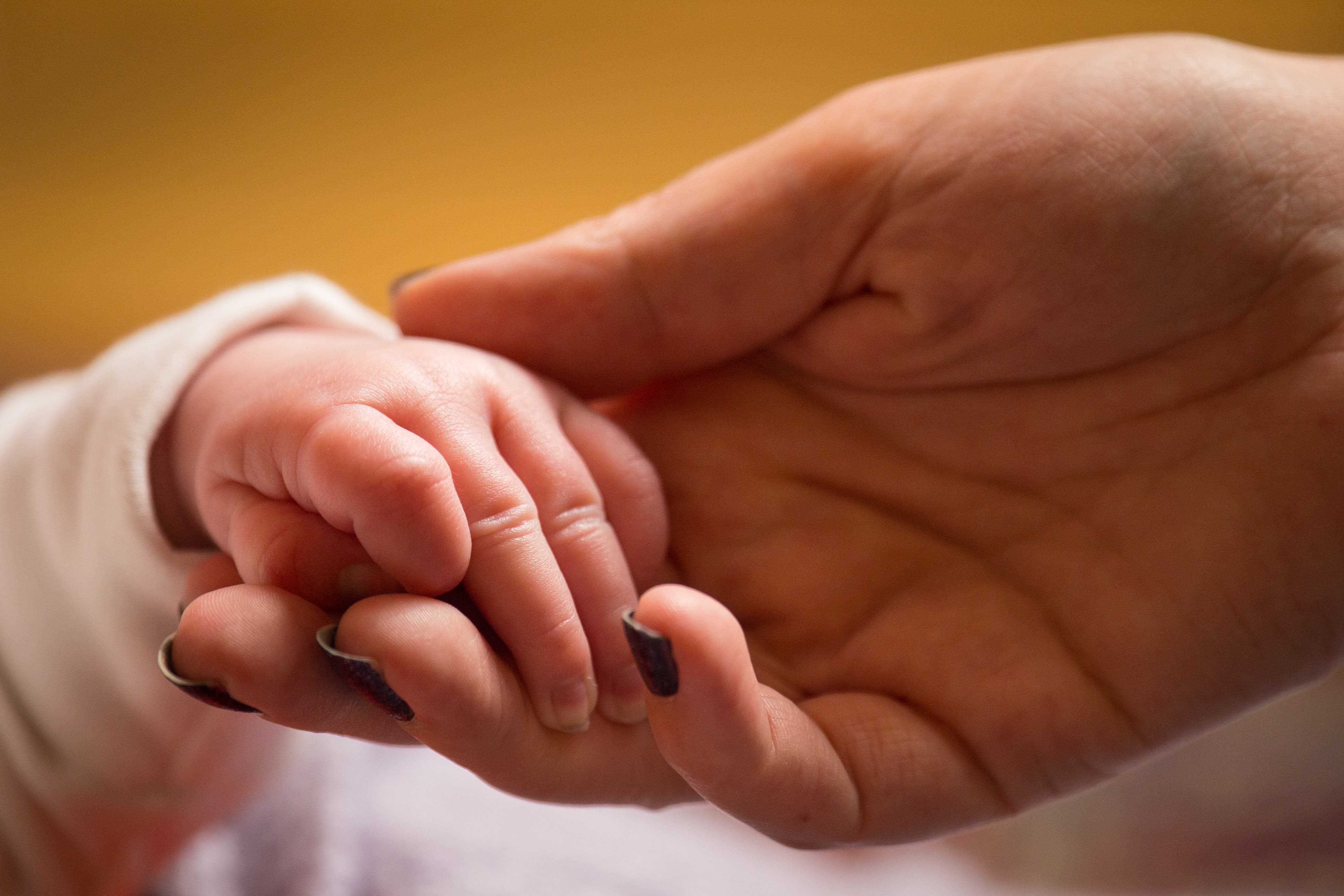Postnatal depression drug ‘shows benefits five years on’
Between 10 and 15% of women suffer postnatal depression in the first year after their child is born, experts said.

Your support helps us to tell the story
From reproductive rights to climate change to Big Tech, The Independent is on the ground when the story is developing. Whether it's investigating the financials of Elon Musk's pro-Trump PAC or producing our latest documentary, 'The A Word', which shines a light on the American women fighting for reproductive rights, we know how important it is to parse out the facts from the messaging.
At such a critical moment in US history, we need reporters on the ground. Your donation allows us to keep sending journalists to speak to both sides of the story.
The Independent is trusted by Americans across the entire political spectrum. And unlike many other quality news outlets, we choose not to lock Americans out of our reporting and analysis with paywalls. We believe quality journalism should be available to everyone, paid for by those who can afford it.
Your support makes all the difference.More must be done to make sure new mothers can have prompt access to antidepressants when needed, researchers have said after a study found extra benefits of an under-used drug.
Between 10 and 15% of women suffer postnatal depression in the first year after their child is born, but only 3% are prescribed selective serotonin reuptake inhibitor (SSRI) antidepressants, experts said.
Researchers from the Institute of Psychiatry, Psychology and Neuroscience (IoPPN) at King’s College London with colleagues from the University of Oslo wanted to assess whether or not those who were prescribed these drugs for postnatal depression fared better than those who were not.
Their study, published in the journal Jama Open Network, analysed data on 61,000 mothers from Norway and their children.
Our study found no evidence suggesting that postnatal SSRI treatment conferred an increased risk for child development. In fact, we found that postnatal SSRI treatment reduced maternal depression and child behavioural difficulties that are associated with postnatal depression
Some 8,671 mothers were deemed to have postnatal depression when their baby was six months old and 177 of these received postnatal SSRI treatment.
Maternal depression and child emotional and behavioural difficulties were measured when the child was aged one-and-a-half and again when they were three and five.
Experts found SSRI treatment for postnatal depression was linked to better outcomes when the child was five years old.
Children of mothers who used SSRIs to treat postnatal depression were less likely to have behavioural issues including conduct problems and antisocial behaviour when they were five, compared with children whose mothers had postnatal depression but were not given this treatment.
These children were less likely to have symptoms of ADHD (attention deficit hyperactivity disorder).
And mothers who took the SSRI treatment had a reduced risk of depression five years after giving birth.
Researchers said the findings suggest that SSRI treatment could provide “mid to long-term benefits” for women who suffer postnatal depression.
“Postnatal depression is a common psychiatric disorder that affects 10 to 15% of women in the first year after childbirth,” said Dr Kate Liu, research associate at King’s IoPPN and first author of the study.
Postnatal depression is under-recognised and undertreated
“In the UK however, only 3% of women with postnatal depression receive SSRI treatment.
“This is likely due to a lack of awareness of postnatal depression, alongside concerns about the long-term impact that taking antidepressant medications in the postnatal period may have on child outcomes.
“Our study found no evidence suggesting that postnatal SSRI treatment conferred an increased risk for child development. In fact, we found that postnatal SSRI treatment reduced maternal depression and child behavioural difficulties that are associated with postnatal depression.”
Dr Tom McAdams, Wellcome Trust senior research fellow at King’s IoPPN and senior author of the study, said: “Postnatal depression is under-recognised and undertreated.
“It’s critical that we view it as the severe mental illness that it is and ensure it is treated properly to mitigate some of the associated negative outcomes in mothers, children and wider family.
“Our study found no evidence that SSRI treatment for mothers affected by postnatal depression was linked with an increased risk for childhood emotional difficulties, behavioural problems or motor and language delay.”